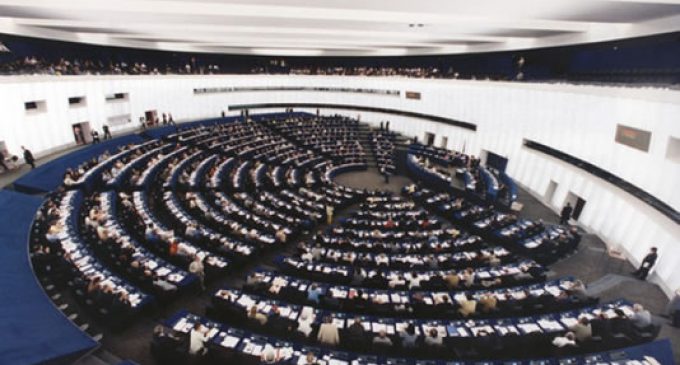EU Parliament set for June 11 vote on PARNUTS reform

The long-awaited reform of EU rules governing ‘special’ foods like baby and gluten-free foods, is imminent with a June 11 vote to mandate the changes – and most stakeholders satisfied with the likely ratification.
The progress was made after a meeting between the European Parliament’s ENVI committee and the European Council where the momentum to bring all PARNUTS (foods for particular nutritional purposes) foods including sports foods and toddler’s milks under one regulatory system was maintained.
Suzane Leser, from UK protein ingredients supplier, Volac, and vice chair of the European Specialist Sports Nutrition Alliance (ESSNA), noted, “A few MEPs tried to table amendments on gluten foods but these attempts were unsuccessful, and the Committee as a whole approved the compromised reached by the institutions.”
Roger Clarke, director general of the British Specialist Nutrition Association (BSNA), also welcomed the June 11 vote, noting the 3-year transition period could then kick in once the legislation was into the official EU Journal. This was expected to occur in August or September, giving a provisional date for the regulation going live of August or September, 2016.
While the new regulation will in theory unite all special foods under one regulatory roof including meal replacements aimed at the elderly and sick, certain aspects remain under debate – especially milks marketed to children aged 1-3 years and sports foods.
“There are the European Food Safety Authority (EFSA) reports on sports foods and toddler’s milks so there is still quite a lot to be bolted on,” said Clarke.
Baby milks and follow-on formulas
Patti Rundall from UK pro-breast-feeding group, Baby Milk Action welcomed the fact marketing restrictions were maintained around infant formulas (0-6 months) and follow-on milks (6-12 months).
She also welcomed greater scrutiny around the ingredients that could appear in infant products.
“One of the key things that our organisations have been advocating is the pre-authorisation of all ingredients used in baby formulas and foods, so we are pleased that the new proposals go halfway to achieving a change in this area, with more oversight from Parliament on new ingredients,” she said.
“We hope that with the support of Member States and MEPs – in the delegated acts it may be possible to go further and to address the concept of ‘Optional Ingredients’ which we believe should be kept to an absolute minimum.”
Simple message

Belgian MEP, Frédérique Ries, in charge of the ENVI committee on the issue, said the new regulation had a simple philosophical position.
“With this new regulation on special foods, the European Parliament wants to send a simple message: Infants and people who are seriously ill are not ordinary consumers and the rules on safety and quality must be adapted accordingly,”
Special foods account for about 1-2% of the total European food market – or about €24bn.


































